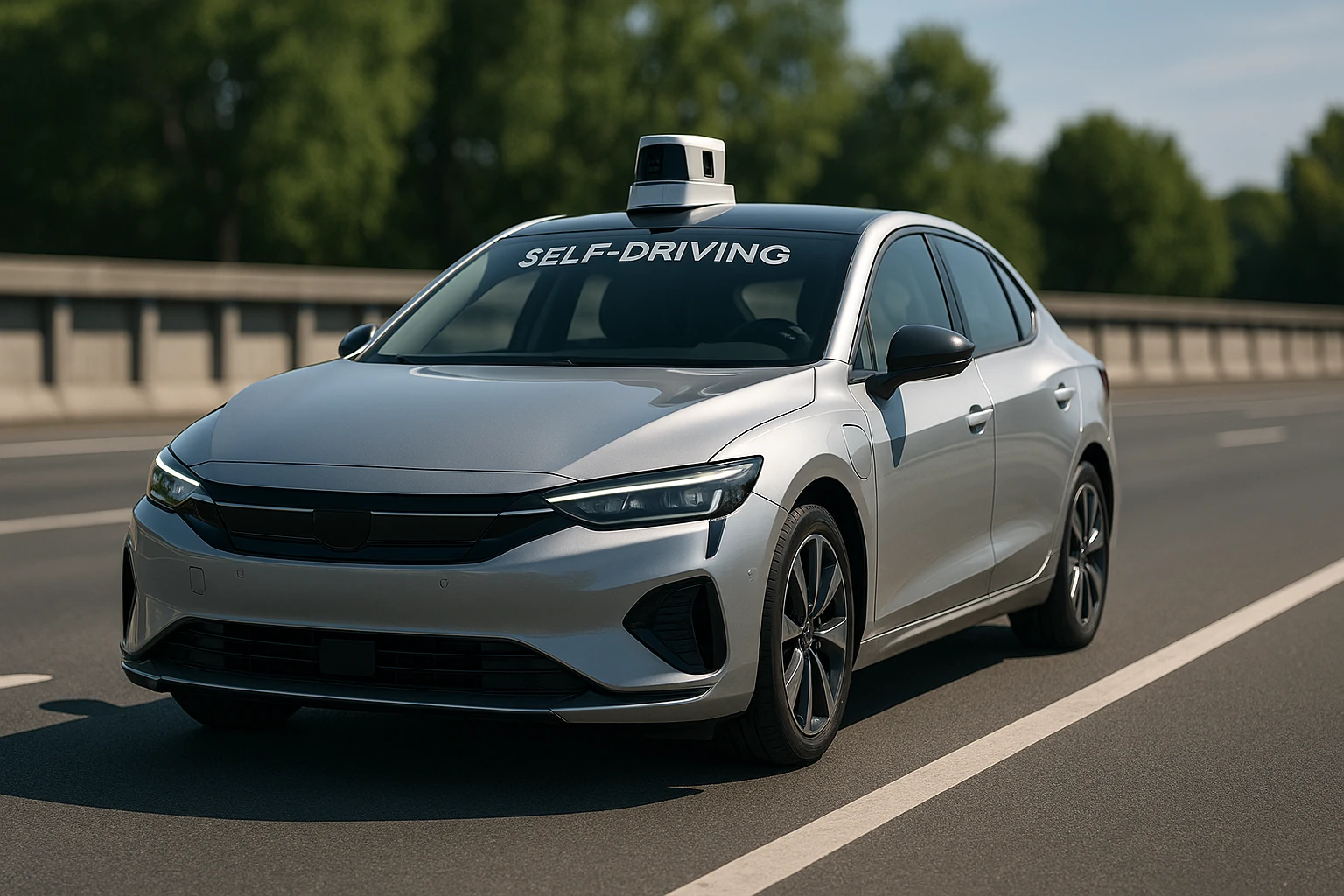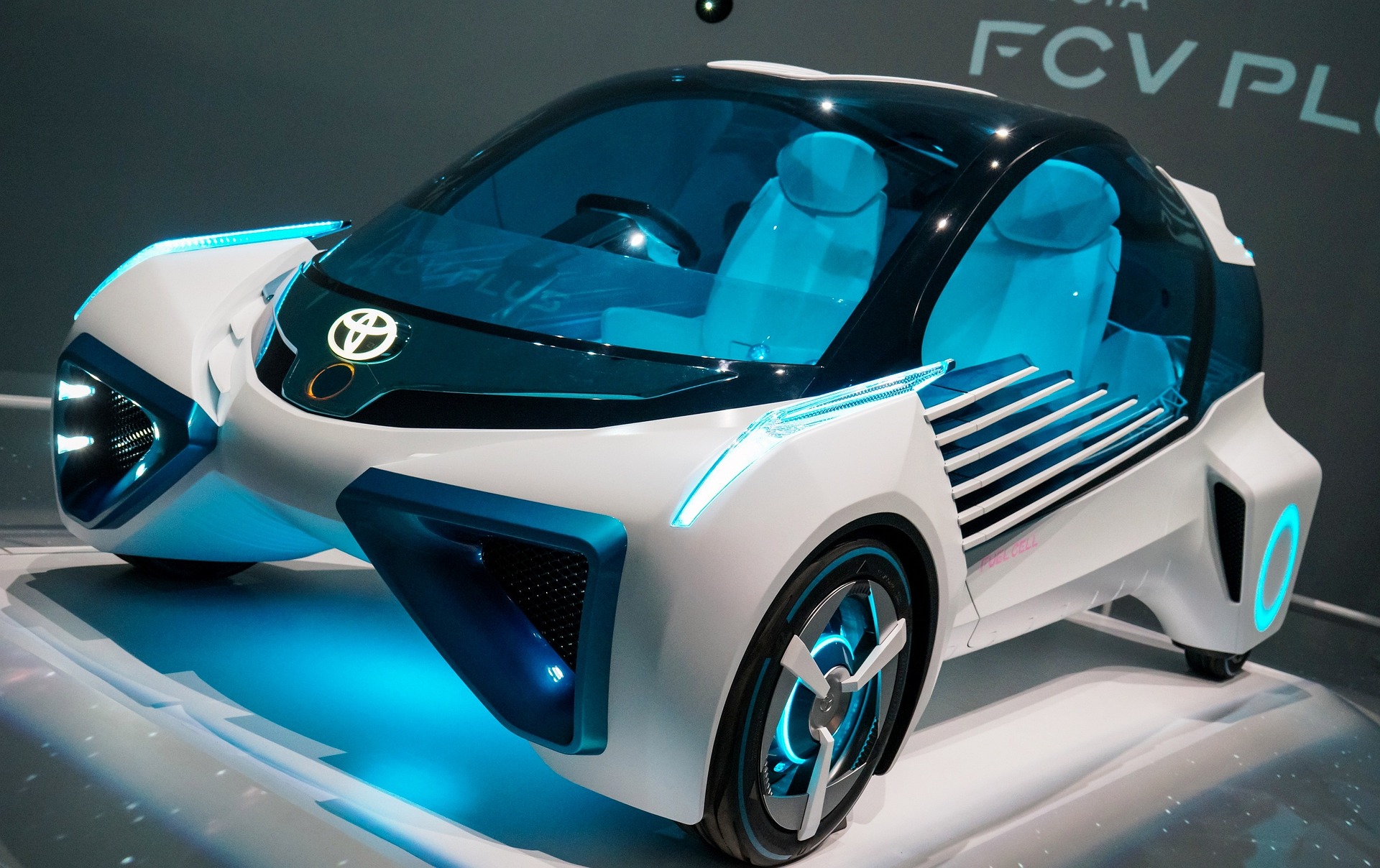As the world continues to explore alternative fuels and technologies to reduce greenhouse gas emissions and reliance on fossil fuels, the concept of converting conventional petrol-powered vehicles to run on hydrogen is gaining attention. Hydrogen-powered cars, also known as hydrogen fuel cell vehicles (FCVs), offer the potential for zero-emission transportation and a more sustainable future. In this article, we will explore the process of converting a petrol car into a hydrogen-powered car and discuss the key considerations and challenges involved.
To modify a petrol (gasoline) engine to operate with hydrogen as a fuel source, the process involves more than a simple conversion and presents technical challenges. Let’s explore the concept of retrofitting a petrol engine to run on hydrogen and the considerations involved.
Table of Contents
Hydrogen as a Fuel for Internal Combustion Engines
Hydrogen gas (H2) can be used as a fuel in internal combustion engines (ICE) in a process known as hydrogen internal combustion engine (HICE) conversion. In this setup, hydrogen gas is mixed with air and ignited within the engine cylinder, similar to how gasoline is burned in a traditional petrol engine. The primary differences lie in the fuel delivery system, combustion characteristics, and emissions profile.
Conversion Process and Considerations
Converting a petrol engine to run on hydrogen involves several modifications and considerations:
- Fuel Delivery System: Petrol engines require modifications to their fuel delivery systems to accommodate hydrogen. Hydrogen is a low-density gas that requires different fuel injectors, valves, and possibly a different fuel rail.
- Ignition System: Hydrogen has a higher ignition energy requirement compared to gasoline. Modifying the ignition system to accommodate hydrogen’s ignition characteristics is necessary.
- Engine Timing and Compression: Hydrogen burns faster than gasoline, which affects the engine’s timing and compression ratios. Adjustments to these parameters are needed to ensure efficient combustion and optimal performance.
- Emissions and Exhaust System: Hydrogen combustion produces mainly water vapor as emissions. However, modifications may still be needed in the exhaust system to handle the unique characteristics of hydrogen combustion.
- Safety Measures: Hydrogen is highly flammable and has a wide flammability range. Ensuring proper safety measures to prevent leaks and handle potential combustion risks is crucial.
- Engine Efficiency: While hydrogen burns cleaner than petrol, its energy density is lower. As a result, a hydrogen-powered internal combustion engine may have reduced overall efficiency and range compared to a dedicated hydrogen fuel cell vehicle.
- Fuel Storage: Consider how hydrogen will be stored in the vehicle. Hydrogen can be stored as a compressed gas or as a liquid, each with its own storage challenges.
- Regulatory Compliance: Ensure that the converted vehicle complies with local emissions and safety regulations.
Advantages and Challenges
Advantages of converting a petrol engine to run on hydrogen include potential reductions in greenhouse gas emissions and the utilization of a domestically-produced and renewable fuel. However, there are challenges:
- Infrastructure: Hydrogen refueling infrastructure is limited in many regions, which can restrict the practicality of using a hydrogen-powered vehicle.
- Efficiency: Converting a petrol engine for hydrogen use might not achieve the same level of efficiency as purpose-built hydrogen fuel cell vehicles.
- Cost and Complexity: Retrofitting an engine for hydrogen use involves significant technical and engineering challenges, and the associated costs can be substantial.
Final thoughts on Converting a Petrol Car to a Hydrogen-Powered Car
Converting a petrol engine to run on hydrogen is possible but complex. It involves extensive modifications to the engine and fuel system, and the resulting vehicle may not achieve the same efficiency or performance as purpose-built hydrogen vehicles or other alternative technologies. As the automotive industry continues to explore hydrogen as a fuel source, advancements in technology and infrastructure could make hydrogen-powered vehicles more feasible and accessible in the future.
Going Green at Scale: Industrial Adoption of Latest Green Energy Trends
Green energy isn’t just for eco-conscious homeowners anymore. Industries worldwide are embraci…
Self-Driving Cars in 2025: What You Need to Know—and What to Watch Out For
🚘 A Glimpse Into the Future—Already Here In 2025, the phrase “self-driving car” is no longer just sc…
How Water Powered Cars Work: The Truth Behind Hydrogen-Powered Vehicles
Imagine driving a car that spits out nothing but water vapor. The idea of a water powered cars sound…


